Our connectivity not only spreads good ideas, it spreads bad ones too. Our connectivity not only allows us to make finance travel around the world and help people, it means that a cascading risk that originates in the South of the US can be everywhere within a matter of hours. And this hyperconnectivity, this butterfly defect of globalization, requires new management.
World Economic Forum (Page 5 of 7)

A Brief History of Industrial Revolutions: Ian Goldin
presented by Ian Goldin

A Brief History of Industrial Revolutions: Hannah Dawson
presented by Hannah Dawson
The question that philosophers have asked since antiquity is how should you live? What is the good life for a human being? And the two answers that have repeatedly come back time and time again are that there are two things that matter. One is agency. That’s to say being in control of your life, actively, creatively engaging with the world. And the other is community.
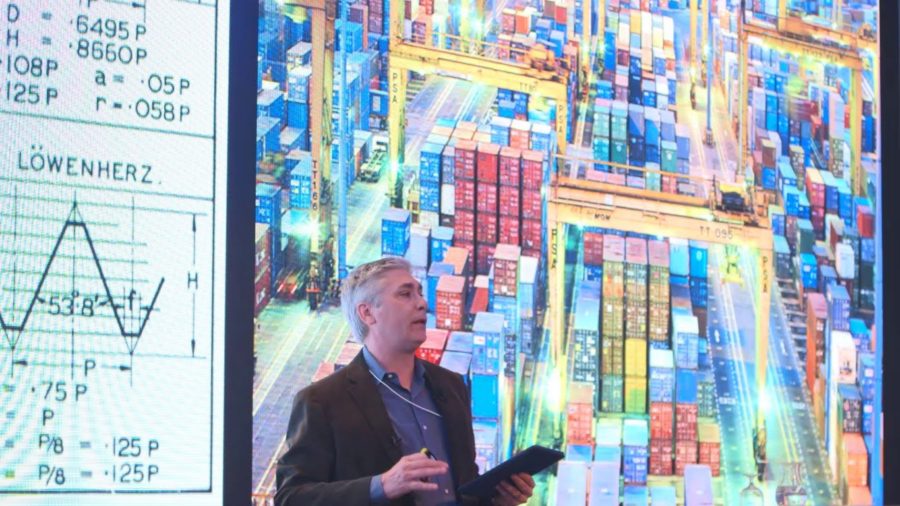
A Brief History of Industrial Revolutions: Patrick McCray
presented by Patrick McCray
One of the ways that industrial revolutions are interesting to think about is that they look differently depending on how and where you see them from. They look different whether you see them from Europe or Asia or Africa. But regardless of time or place, economists and historians generally tend to look at industrial revolutions through the lens of innovation. And in my short talk today I want to encourage a different way of thinking about this.
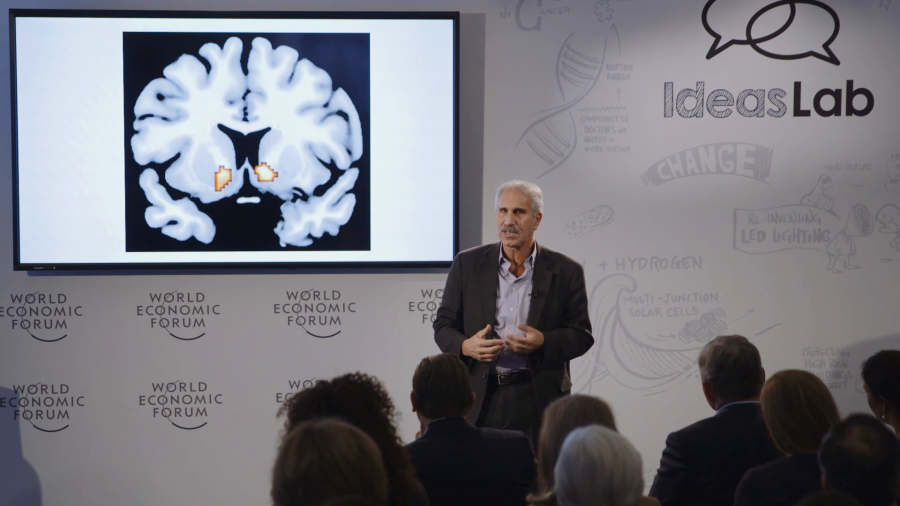
Molecular Mechanisms of Reward and Aversion
presented by Robert Malenka
Why do we do the things that we do? Why do we sometimes choose to be loving parents and other times engage in irrational self-destructive behaviors? What drives us to sometimes be altruistic and other times make decisions that really threaten our very survival? Well, the answer lies in our brains. Our brains evolved to ensure that we repeat behaviors that will lead to our survival.
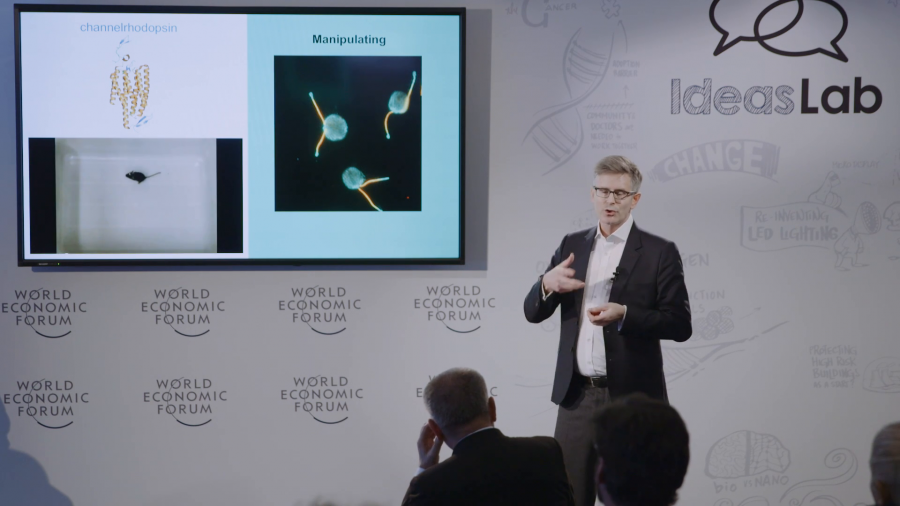
The Cellular Basis of Neural Computation
presented by Michael Hausser
Over the past century, we’ve been to the moon, we’ve split the atom, we’ve sequenced the human genome, but were still only at the very beginning of our understanding of the human brain. This is one of the great challenges that we face. If we can understand the brain, we can develop better treatments for brain disorders, we can design better robots, better computers, and ultimately we can better understand ourselves.
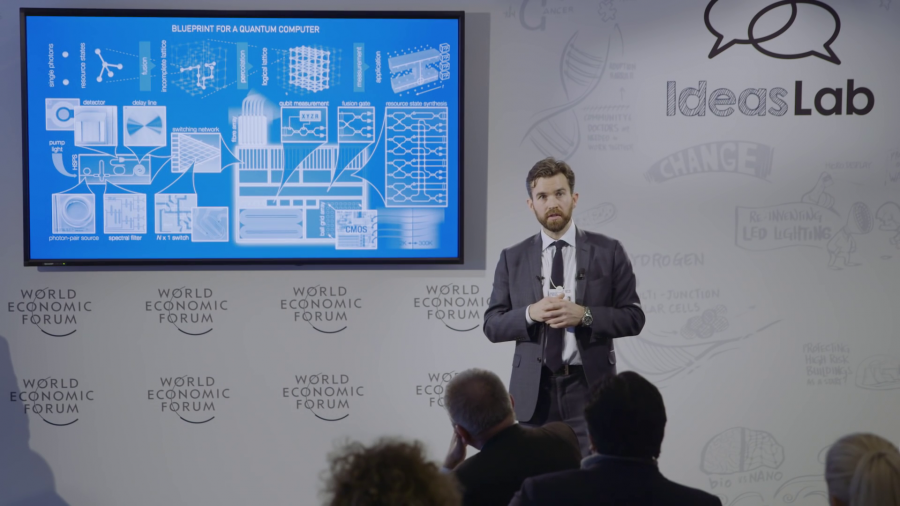
Towards a Quantum Computer
presented by Jeremy O'Brien
From vast data centers to mobile phones, the power of computers continues to transform our lives. But there are some problems across artificial intelligence, in the design of new materials, pharmaceuticals, and clean energy devices that they will simply never solve. So even if we turned our entire planet into a giant supercomputer we wouldn’t be able to solve these and many other important problems. The good news is that if we could build a computing device based on fundamental quantum principles, we could.
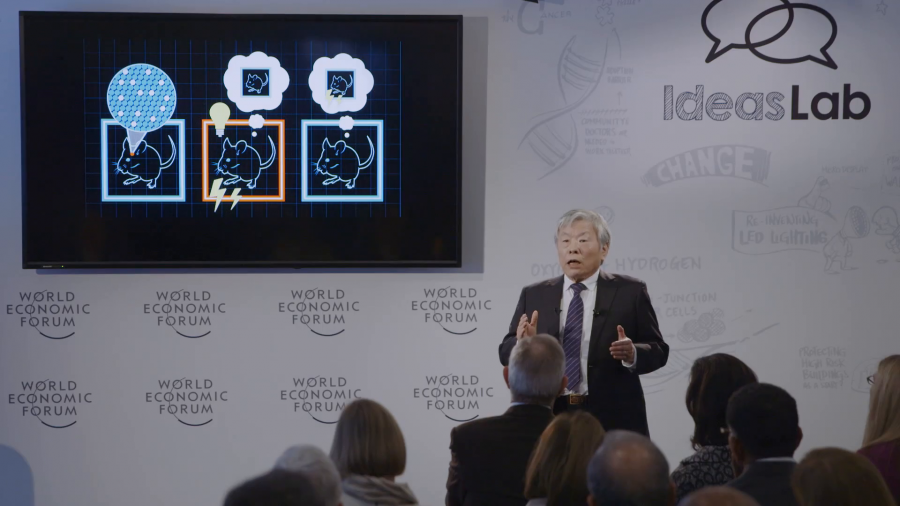
Controlling the Brain with Light to Reactivate Lost Memories
presented by Susumu Tonegawa
The key molecule of optogenetics is a light-sensitive protein called channelrhodopsin, which is extracted from green algae. Scientists can insert channelrhodopsin into memory cells. Subsequently, scientists can even activate these with blue light which they deliver deep inside the brain with optic fibers.
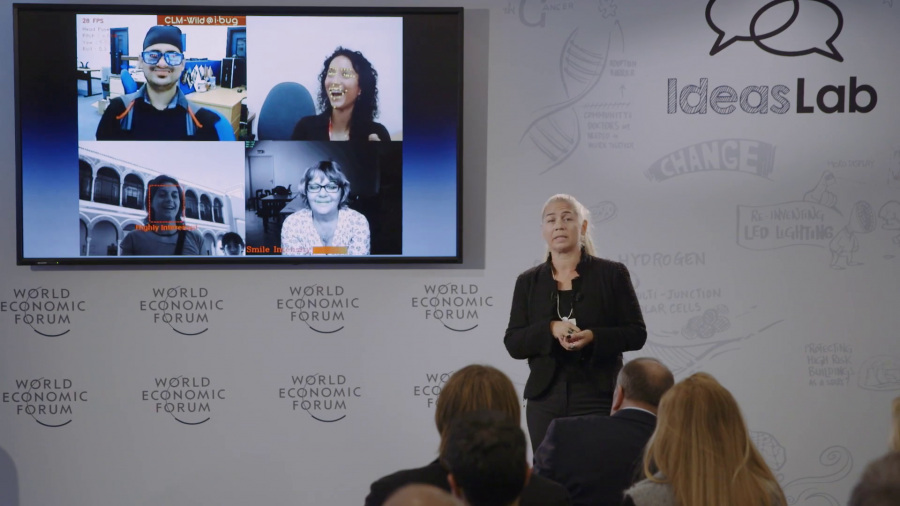
Machines That Can Read Human Emotions
presented by Maja Pantic
The face is a constant flow of facial expressions. We react and emote to external stimuli all the time. And it is exactly this flow of expressions that is the observable window to our inner self. Our emotions, our intentions, attitudes, moods. Why is this important? Because we can use it in a very wide variety of applications.
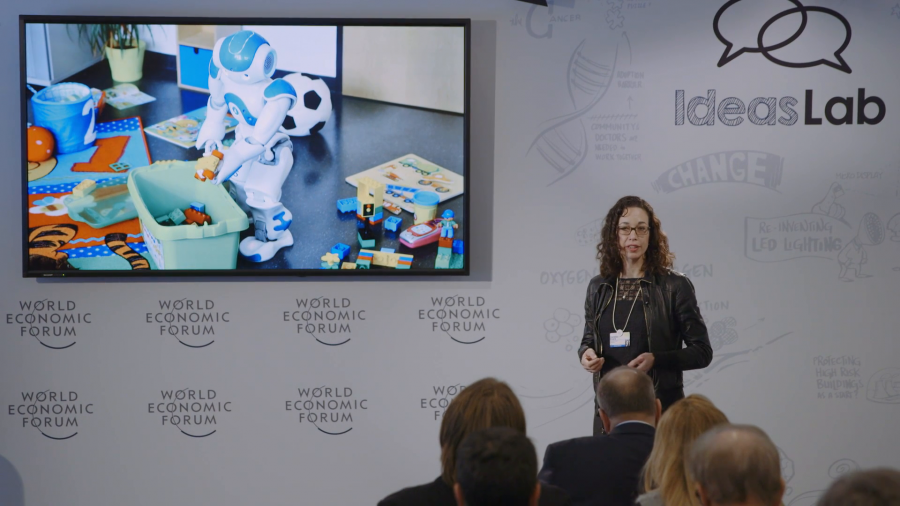
The Rise of Social Robotics
presented by Vanessa Evers
Social referencing is so great robots should do it, too. But first there are some technical challenges that we need to solve. For instance, low energy consumption. Throughout these technical challenges, what these robots really need to do is understand the social environment that they are in.
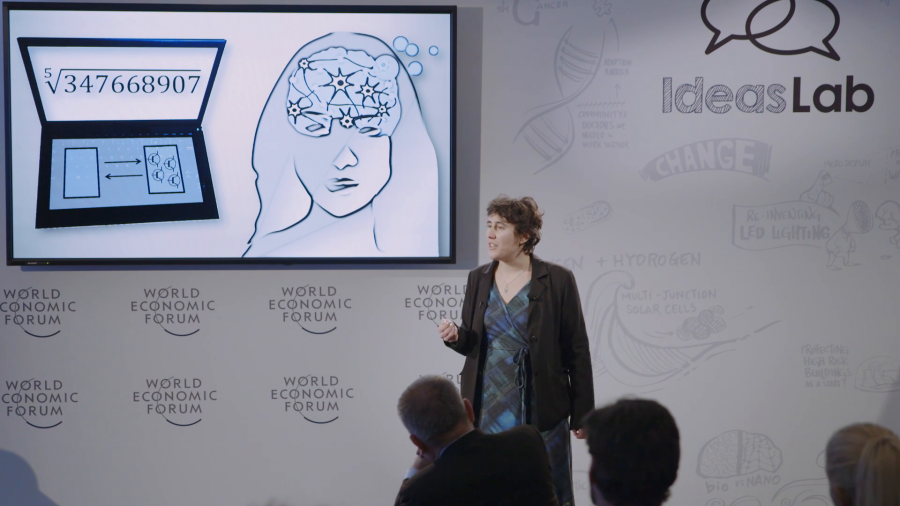
Realizing a Brain on a Chip
presented by Julie Grollier
If we want to continue increasing the performance of our computers, we need to rethink the way we compute. And our brains are wonderful proof that impressive computations can be carried out with a very low power budget.
